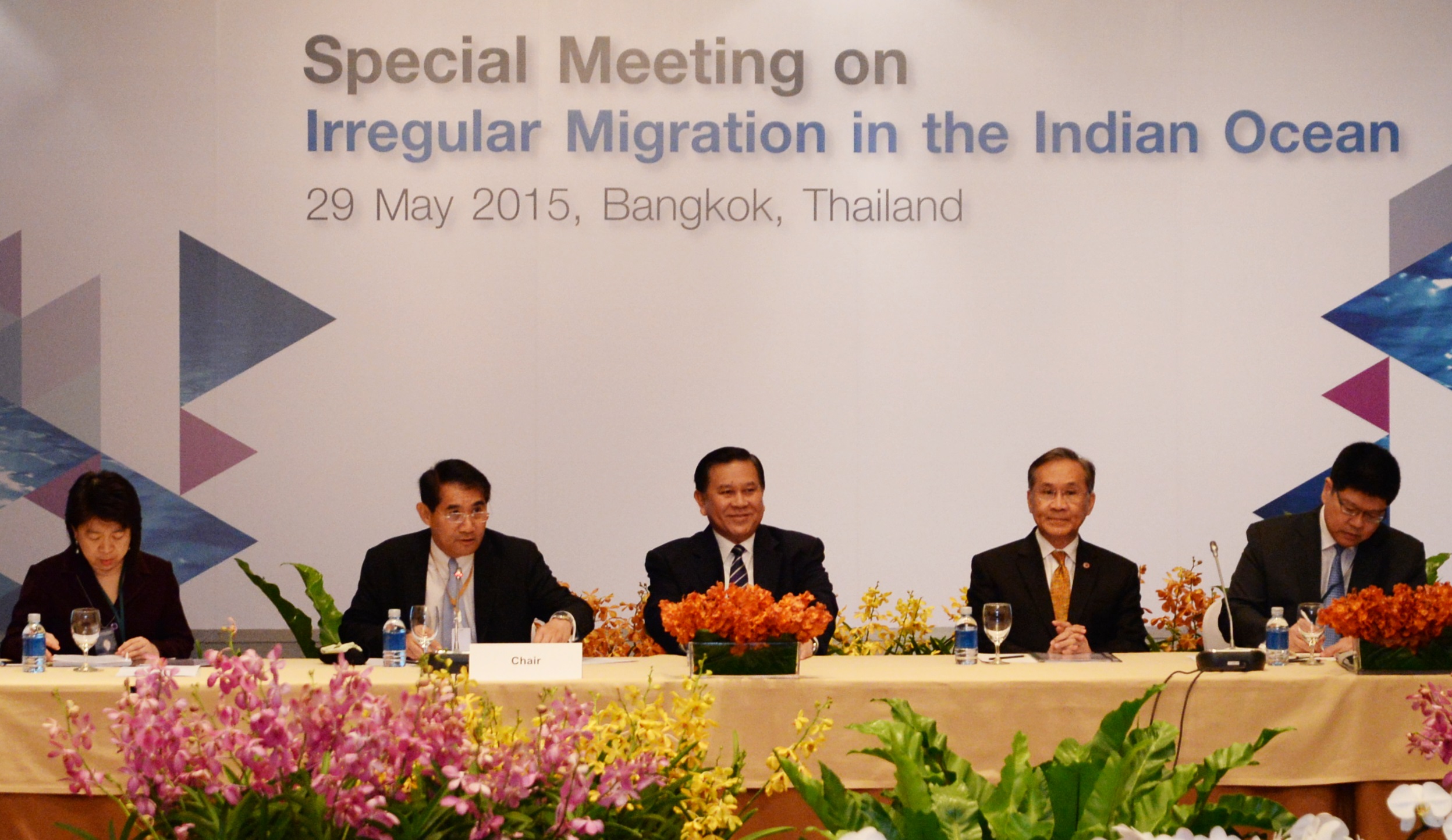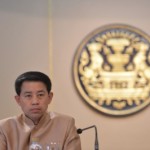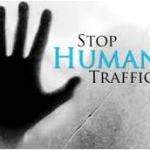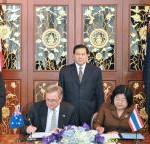
Countries in Southeast Asia and their partners pledged to help thousands of boat people adrift on the Indian Ocean and to work to solve the root causes of the crisis, at a regional meeting organized and hosted by Thailand last week.
The 29 May regional meeting, aimed at finding urgent solutions for the irregular migrants currently stranded in the Indian Ocean as well as actions-oriented and long-term solutions for the outflow of the irregular migration, was attended by high-level representatives from the countries in the region, namely Afghanistan, Australia, Bangladesh, Cambodia, India, Indonesia, Iran, Lao PDR, Malaysia, Myanmar, New Zealand, Pakistan, Papua New Guinea, The Philippines, Sri Lanka, Viet Nam, and Thailand, as well as the United Nations High Commissioner for Refugees (UNHCR), the United Nations Office on Drugs and Crime (UNODC), the International Organization for Migration (IOM), and the United Nations Resident Coordinator for Thailand attended as participants. Representatives of Japan, Switzerland, and the United States of America attended as observers. A number of Ambassadors and Chargé d’ Affaires based in Bangkok also observed the meeting.
In his opening statement, Deputy Prime Minister and Minister of Foreign Affairs Tanasak Patimapragorn reaffirmed Thailand’s commitment to its tradition of hosting refugees and displaced persons since the 1970s, with some 130,000 persons still remaining under its care. The Royal Thai Government recently stepped up its efforts by setting up a special taskforce to respond to the immediate humanitarian situation and to provide assistance to those migrants found at sea. Two Royal Thai Navy vessels have been deployed as floating platforms to provide necessary assistance and medical help. Aircrafts from both the Royal Thai Navy and the Royal Thai Air Force have also been deployed to patrol and assist in the humanitarian operation.
The government in Bangkok has also authorized the U.S. to conduct maritime domain awareness flights through Thai airspace to assist in locating and marking positions of vessels possibly carrying irregular migrants. Both sides are now working to finalize the operational details. The initial flight is expected to occur in the next few days.
At the meeting, representatives of the five most affected countries, namely Bangladesh, Indonesia, Malaysia, Myanmar, and Thailand stated the efforts and measures each country was undertaking. They also reaffirmed their full commitments to continue to provide proper humanitarian assistance to the migrants currently stranded at sea and victims of trafficking and to strengthen their cooperation on law enforcement to put an end to the activities of the criminal networks.
The 29 May meeting also emphasized the need for relevant countries and the international community to resolve irregular maritime migration, in particular, human trafficking and people smuggling, in a comprehensive and sustainable manner by addressing the root causes and other contributing factors in the spirit of cooperation, international burden sharing and shared responsibility.
Anne Richard, the U.S. Assistant Secretary of State for Population, Refugees and Migration said the meeting was successful and the discussions were serious and fruitful.
William Lacy Swing, director-general of the International Organization for Migration, welcomed Thailand’s role in organizing the meeting and other nations for participating. He stressed that it needs to be a continuing process that will focus “on the urgency of developing responsible and humane responses to the complex migratory flows across the Bay of Bengal and the Andaman Sea, and elsewhere.”
During a separate forum on security cooperation in Asia held in Singapore last weekend, U.S. Secretary of Defense Ashton Carter cited Thailand’s pro-active role in attempting to solve the crisis of boat people in the region. Carter and other U.S. officials also praised Thailand’s cooperation and participation in bringing aid and relief to earthquake victims in Nepal and in jointly hosting the annual Cobra Gold military exercises with the U.S.
For more information and updates about Thailand's policies and actions against trafficking in persons and related issues, visit www.thaianti-humantraffickingaction.org




